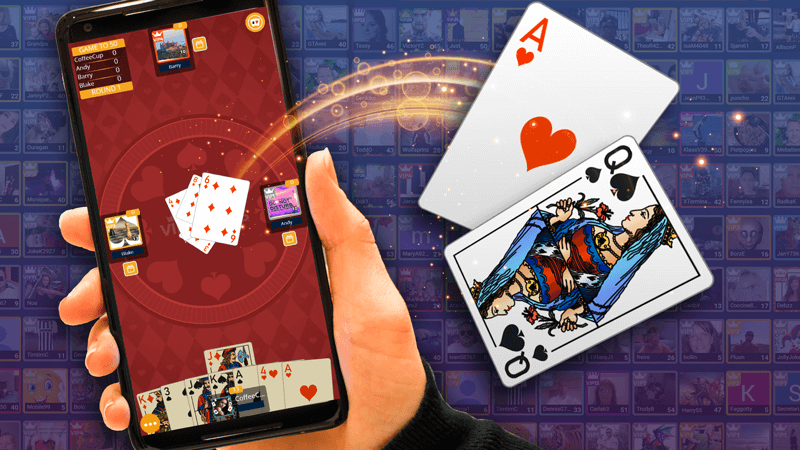Online gaming has transcended its initial role as a simple leisure activity to become a significant cultural and economic force. With advancements in technology and internet connectivity, the landscape of gaming has evolved dramatically over the past few decades. From rudimentary text-based adventures to immersive virtual reality worlds, online games have shaped the way we interact, socialize, and even conduct business Megaxwin. This article explores the evolution, diversity, and impact of online gaming on society.
A Brief History of Online Gaming
The journey of online gaming began in the late 1970s and early 1980s with the emergence of multiplayer games like “MUD” (Multi-User Dungeon) and early networked games on platforms like ARPANET. The 1990s saw the advent of graphical online games with the introduction of titles like “Meridian 59” and “Ultima Online,” paving the way for Massively Multiplayer Online Role-Playing Games (MMORPGs).
The early 2000s marked a significant turning point with the launch of “World of Warcraft” in 2004, which not only popularized MMORPGs but also created a dedicated gaming culture. As internet speeds improved, so did the quality and complexity of online games, leading to the explosion of genres, including first-person shooters (FPS), real-time strategy (RTS), and battle royale games.
The Diversity of Online Gaming
Today, online gaming encompasses a wide range of genres and formats, appealing to diverse audiences. Some of the most popular categories include:
- Massively Multiplayer Online Games (MMOs): These games allow thousands of players to interact in vast virtual worlds. Examples include “Final Fantasy XIV” and “Guild Wars 2.”
- Battle Royale Games: Games like “Fortnite” and “PUBG” have captivated millions with their competitive gameplay, where players fight to be the last one standing.
- Mobile Games: The rise of smartphones has democratized gaming. Titles like “Candy Crush Saga” and “Genshin Impact” have made gaming accessible to people of all ages and backgrounds.
- Social and Casual Games: Games like “Among Us” and “Minecraft” offer social experiences, fostering connections among friends and communities.
- Esports: Competitive gaming has evolved into a professional sport, with tournaments and leagues drawing massive audiences. Games like “League of Legends” and “Dota 2” feature professional players competing for substantial cash prizes.
The Social Impact of Online Gaming
Online gaming has changed how people socialize and form communities. Players often collaborate and communicate with others across the globe, breaking geographical barriers. This has led to the formation of friendships, guilds, and even families, as individuals bond over shared interests and experiences.
Moreover, online gaming has been a platform for creativity and self-expression. Many games allow players to customize characters, build worlds, and create content. This user-generated content has enriched gaming experiences and fostered innovation within the industry.
However, the social impact of online gaming isn’t without its challenges. Issues such as toxic behavior, cyberbullying, and addiction have surfaced, prompting discussions about responsible gaming practices and the need for community moderation.
Economic Impact of Online Gaming
The economic influence of online gaming is profound. The industry generates billions of dollars annually, with revenues coming from game sales, subscriptions, in-game purchases, and advertising. The growth of streaming platforms like Twitch has also created new avenues for content creators and gamers to monetize their skills.
Additionally, the rise of virtual economies within games has led to real-world financial implications. Some players earn a living by trading in-game assets or streaming their gameplay, blurring the lines between play and work.
The Future of Online Gaming
As technology continues to advance, the future of online gaming looks promising. Innovations such as cloud gaming, augmented reality (AR), and virtual reality (VR) are set to redefine the gaming experience. With platforms like Google Stadia and NVIDIA GeForce Now, players can access high-quality games without the need for expensive hardware.
